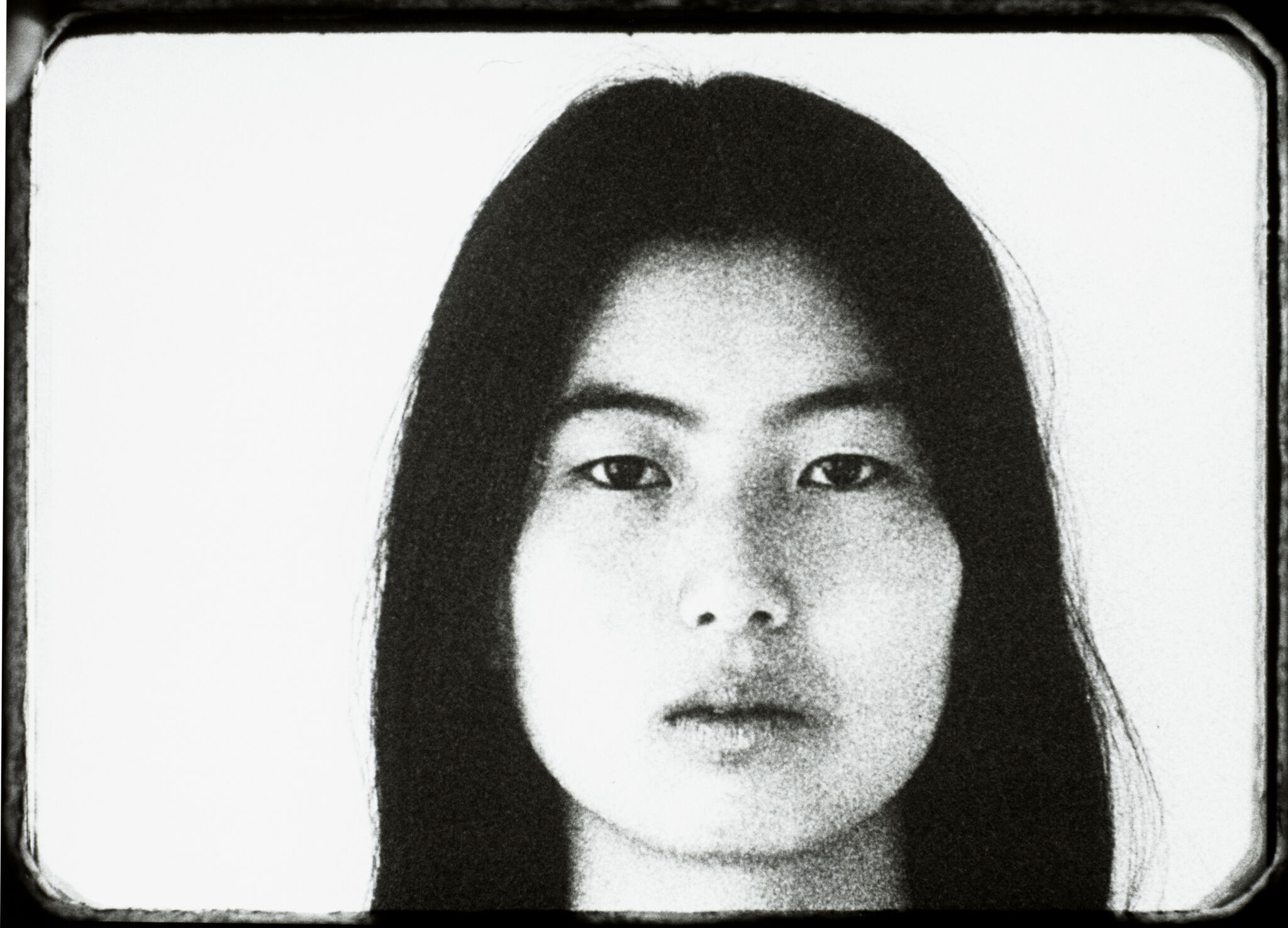Whitney Biennial 2022: Quiet as It’s Kept | Art & Artists
Apr 6–Oct 16, 2022
Whitney Biennial 2022: Quiet as It’s Kept | Art & Artists
Theresa Hak Kyung Cha
10
Floor 5
Born 1951 in Busan, South Korea
Died 1982 in New York, NY
Organized in collaboration with the University of California, Berkeley Art Museum and Pacific Film Archive (BAMPFA), this presentation of Theresa Hak Kyung Cha’s artist books, films, documentation of performances, slides, and videos is the first at the Whitney since the museum displayed them in a 1993 exhibition organized by Lawrence Rinder. Cha’s writings and art, with the recurring themes of displacement, exile, family, and time, typically take the form of repeated and blurred images and text that uses and deconstructs language in ways that are enigmatic, resonant, fragmented, and sometimes playful. Her family moved many times: from Manchuria (where her mother was born because of the Japanese occupation at the time) to South Korea, then to Hawaii and eventually to San Francisco. She studied at the University of California, Berkeley, earning a total of four degrees in art and comparative literature; while a student, she also studied French, filmmaking, and film theory in Paris for a year. Cha came to New York in 1980, where she worked with Reese Williams to begin Tanam Press, which would publish Apparatus, a collection of essays, edited by Cha, on avant-garde film in 1981. Tanam Press also published her highly influential Dictee (1982), an experimental, genre-defying book on her and her mother’s fractured and difficult immigrant experiences. Its singularity has made Cha an important figure for feminist writers, conceptual artists, and the field of Asian American studies.

